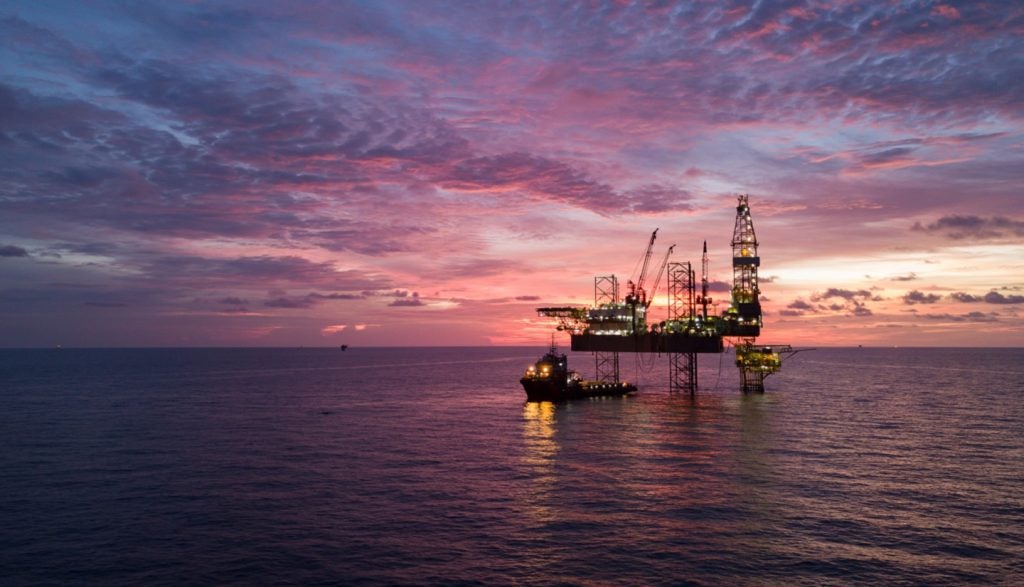Karoon Gas Australia and Pacific Rubiales Energy have confirmed a 213m gross oil column in the Echidna-1 exploration well in the Santos Basin, Brazil.
Physical oil samples recovered measure a 39.5-degree API oil gravity with a gas oil ratio (GOR) of 750 cf/bbl.
Karoon managing director Robert Hosking said: "The Echidna discovery represents another significant achievement for Karoon.
"Echidna adds incremental resource to Karoon’s discovered Kangaroo oil field, which further supports Karoon’s ambitions to develop an integrated production hub in the Santos Basin."
The partners have completed the wireline programme of the well, including pressure measurements, reservoir fluids sampling and petrophysical logging.
See Also:
The Echidna Prospect is located in exploration Block S-M-1102, approximately 20km north-east of Kangaroo oil discovery.
How well do you really know your competitors?
Access the most comprehensive Company Profiles on the market, powered by GlobalData. Save hours of research. Gain competitive edge.

Thank you!
Your download email will arrive shortly
Not ready to buy yet? Download a free sample
We are confident about the unique quality of our Company Profiles. However, we want you to make the most beneficial decision for your business, so we offer a free sample that you can download by submitting the below form
By GlobalDataKaroon is the operator with a 65% interest in the block, while Pacific Rubiales holds the remaining 35% interest.
Drilling operations for the Echidna-1 well started on 31 March 2015 and the well reached the planned total depth of 2,379m on 12 April 2015.
The Paleocene reservoir interval has a gross thickness of 75m, with an average porosity of 25%, while the Maastrichtian reservoir interval has a gross thickness of 113m, with an average porosity of 21%.
The joint venture will carry out a production testing programme over the Paleocene reservoir section later this week.
It is expected that the Maastrichtian reservoir section will be tested as part of the follow up drilling programme and a decision with respect to the second well option will be made in the coming weeks.
Pacific Rubiales Energy president José Francisco Arata said: "We are very pleased with the results of the Echidna-1 exploration well in the offshore Santos Basin, Brazil.
"Wireline pressure data across the Paleocene and Maastrichtian aged reservoir intervals in the well confirms another light oil discovery.
"Echidna adds to the recoverable oil potential of this offshore block and represents another significant achievement for ourselves and our partner and is expected to add further exploration upside value to the company."




